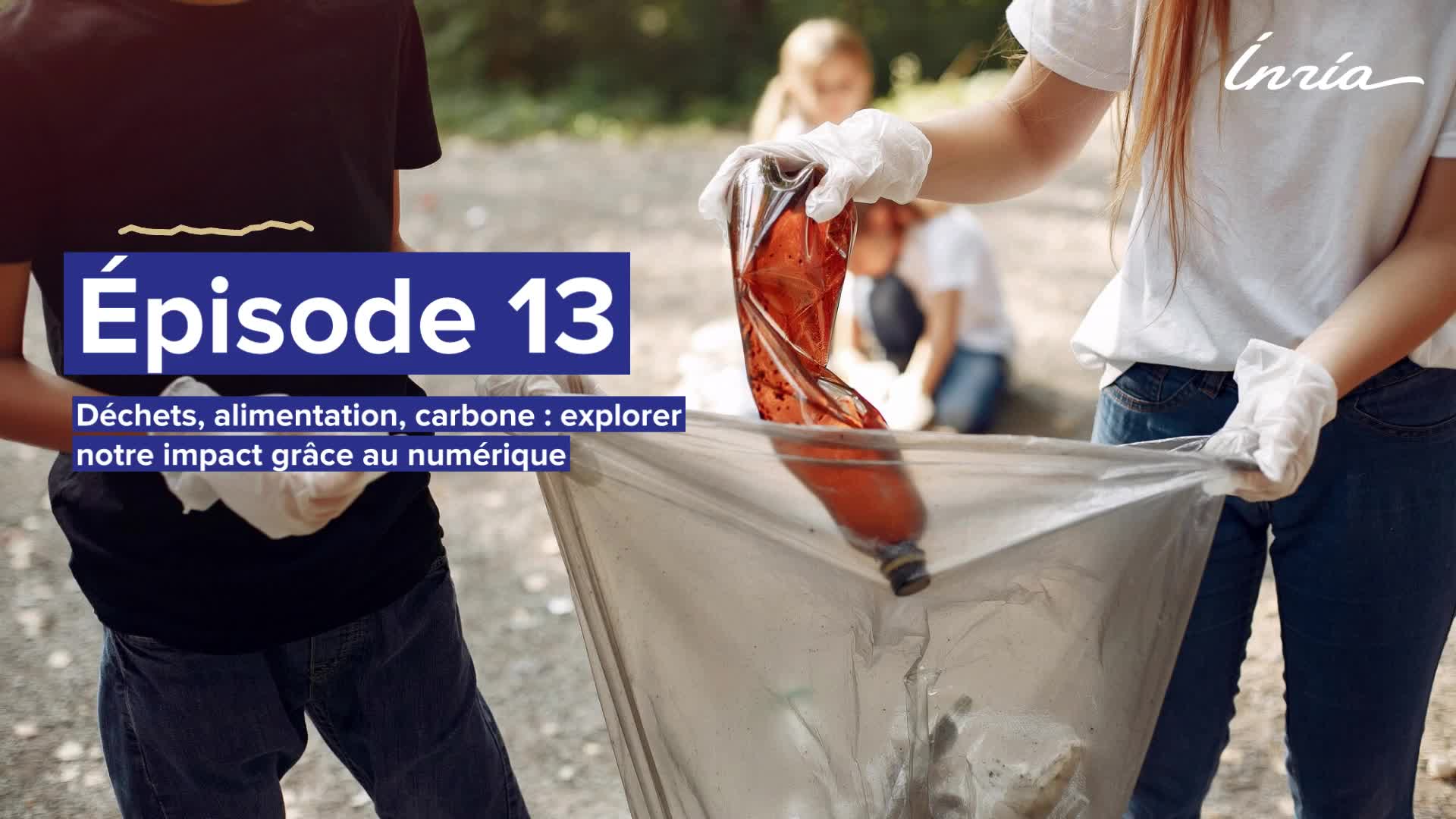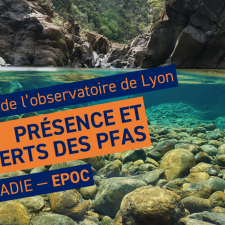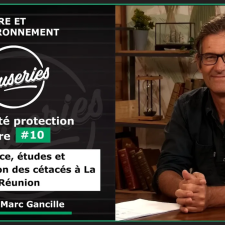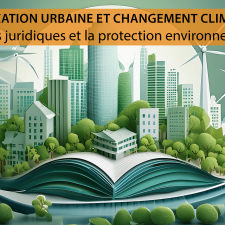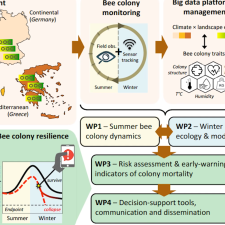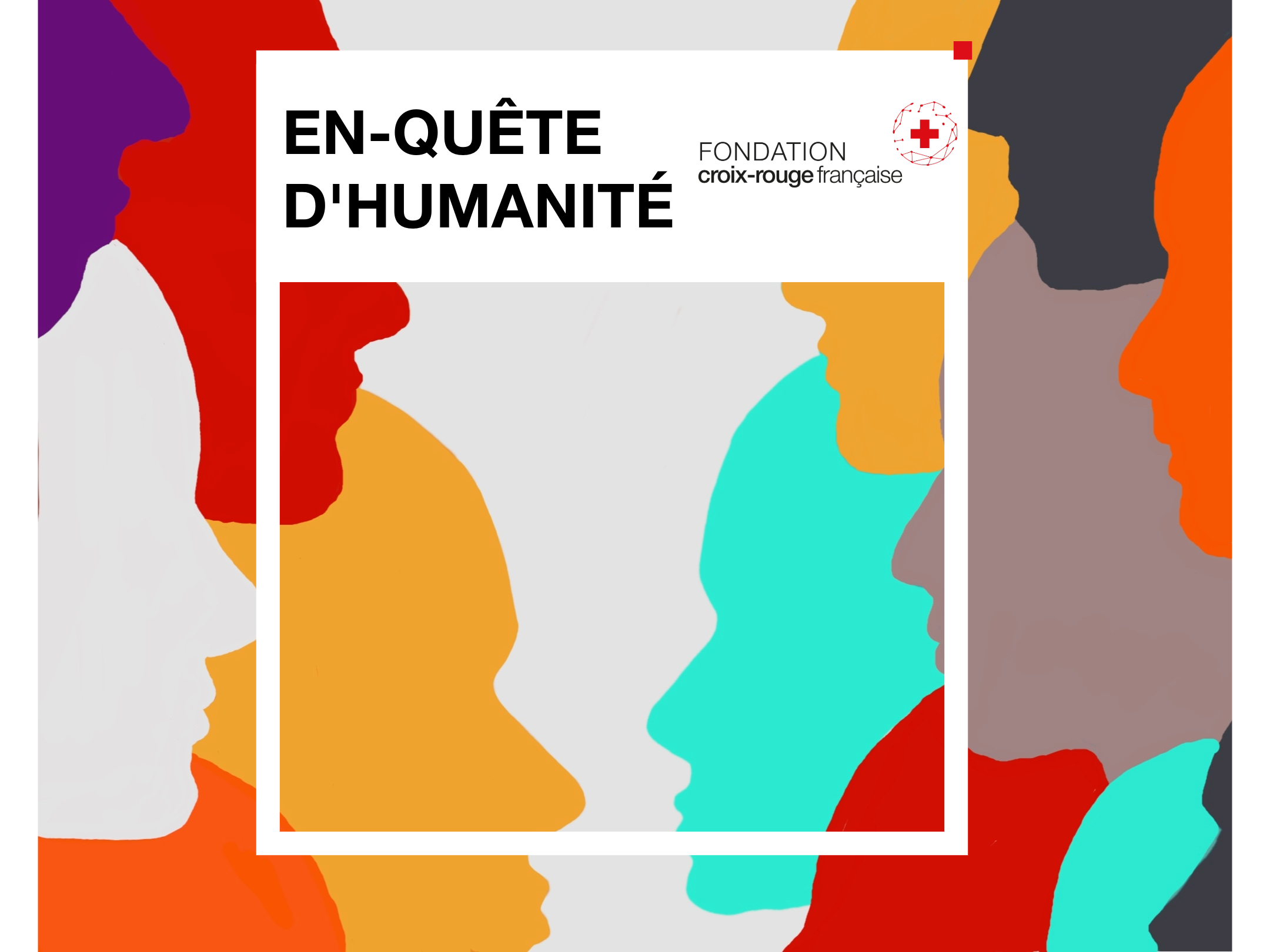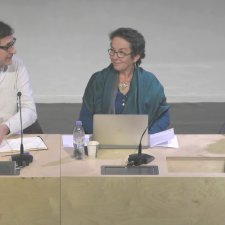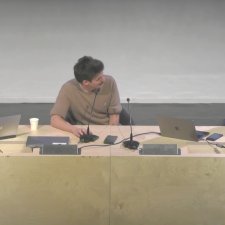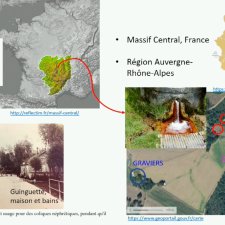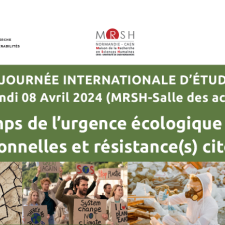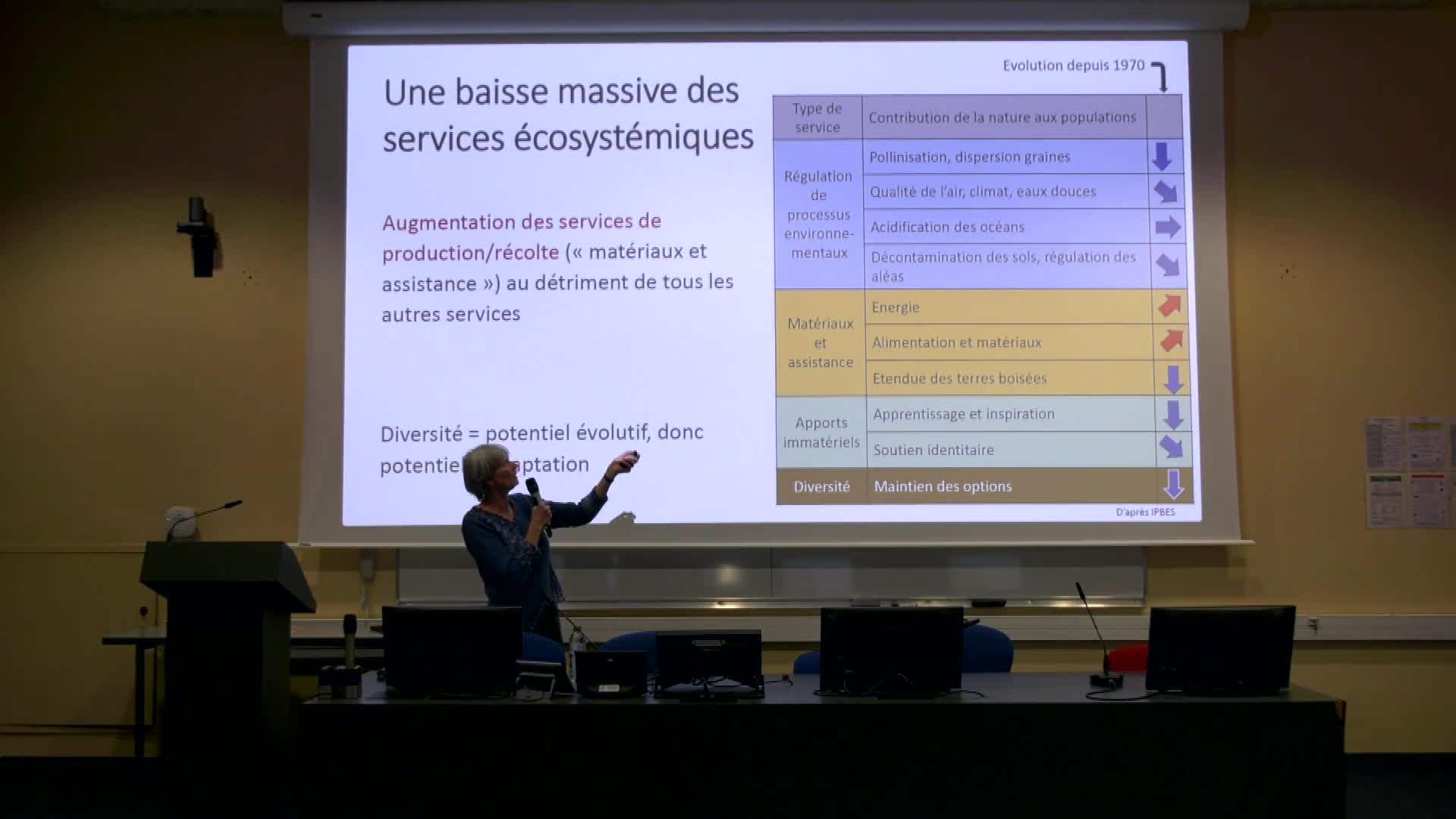Notice
Cancer in the Global South - Cosavez-vous ? One Health
- document 1 document 2 document 3
- niveau 1 niveau 2 niveau 3
Descriptif
The "Cancer in the Global South" seminar will bring together various experts to discuss the current state of cancer research in the Southern regions. Speakers will address topics such as neglected molecular forms of cancer, environmental cancers, new approaches in the fight against cancer, and the relevance of "One Health" approaches. The aim is to provide a global perspective on the current situation of the fight against cancer in the South and to explore challenges and/or opportunities for future research. Presentations will be followed by a 30 minutes discussion session to allow participants to exchange ideas. This seminar will be of interest to researchers, anyone interested in cancer research from a global perspective, as well as those who wish to discover this research topic.
The seminar includes the following presentations:
- State of play on cancers in the South: Martin Lajous (INSP Mexico)
- Molecular forms of neglected cancer and environmental cancer: Stéphane Bertani (IRD, Peru)
- New approaches, cancer and evolution: Frederic Thomas (CNRS CREEC, Montpellier)
- Cancer and One Health approaches: Antoine Dujon (Deakin University, Australia)
- Discussion / Conclusion (30 mins)
MARTIN LAJOUS The aim of this presentation will be to provide an overview of the studies conducted on cancer in the South and to highlight the research perspectives to be developed.
STEPHANE BERTANI The burden of cancer in developing countries is caused by a heterogeneous exposome that combines infectious pathogens and environmental exposures. This plight impacts the types of tumors developed, as well as their molecular correlates. Yet, the implementation of cancer control strategies depends on our understanding of the mechanisms associated with the oncogenesis and how they are influenced by the exposome. In this presentation, I will illustrate this situation by discussing the pathological and molecular peculiarities of liver cancer in Andean communities.
FREDERIC THOMAS Cancer is a biological phenomenon that appeared about a billion years ago with the emergence of multicellular organisms. Approaching this disease with an evolutionary biology approach allows to better understand the origin of cancer, its biology and to improve therapies.
ANTOINE DUJON This presentation will explain why cancer, which is an underestimated component of ecosystem functioning, should be integrated into the OneHealth framework and the implications for wildlife and human populations.
Intervention / Responsable scientifique
Sur le même thème
-
Désassemblons le numérique - #Episode13 : Déchets, alimentation, carbone - Explorer notre impact g…
BrasierEugénieFerronAymericAssorAmbreDans ce nouvel épisode de Désassemblons le numérique, réalisé à l'occasion de la Journée mondiale zéro Déchet, nous allons explorer comment la recherche en visualisation immersive peut nous aider à
-
Présence et transferts des PFAS dans les écosystèmes aquatiques
LabadiePierreLes composés per- et poly-fluoroalkylés (PFAS) sont au cœur de l'actualité. Ces « polluants éternels » constituent une pollution inédite des écosystèmes qui touche tous les milieux. Cette présentation
-
Globice, études et conservation des cétacés à La Réunion
Brunet-MalbrancqJoëlleGancilleJean-MarcLes Causeries de l’Environnement et du Développement Durable - Biodiversité et protection de la nature #10 - Globice : études et conservation des cétacés à La Réunion
-
Planification urbaine et changement climatique : les outils juridiques et la protection environneme…
Garcia Ribeiro Lopes DominguesEduardoLa MSH Val de Loire accueille Eduardo Garcia Ribeiro Lopes Domingues, chercheur brésilien (Federal University of the State of Rio de Janeiro (UNIRIO) – BR ). Il est invité par l’axe Ville et études
-
BeeConnected
BeeConnected, projet européen étudie, développe et teste de nouvelles solutions numériques pour fournir des indicateurs d'alerte précoce sur la mortalité des colonies d'abeilles mellifères.
-
Mayotte sous tension. Vivre au rythme de la pollution de l'eau
SturmaAudeVivre avec le risque à Mayotte : une étude de la vulnérabilité sociale au risque de pollution de l’eau dans un quartier précaire de l’île. En dressant le portrait des populations vulnérables au risque
-
Regards croisés
GroutCatherineDoutriauxEmmanuelMilliotVirginiePropositions de synthèse du Colloque international Expériences sensibles, fabrique et critique des territoires en mutation
-
Écologie et approches sensibles
FerrenPascalLarcherJonathanPoupinPerrineTroisième duo du Colloque international Expériences sensibles, fabrique et critique des territoires en mutation
-
ONDINE - Les sOurces miNérales : Des co-évolutIons homme- enviroNnement atypiquEs
BeaugerAudeLe projet ONDINE, présenté par Aude Beauger (GEOLAB), cherche à comprendre et caractériser les co-évolutions du milieu naturel et des sociétés autour des sources minérales de Médagues à Joze.
-
Résistances, oui mais lesquelles ?
L’invocation de l’urgence est-elle de nature à catalyser un changement écologique invoqué de façon répétitive depuis des décennies ? Ce n’est pas sûr.
-
La disparition des espèces : le dangereux déclin de la nature
Till-BottraudIrèneIrène Till-Bottraud, spécialiste d'écologie évolutive, évalue les menaces qui pèsent sur les milieux naturels, les mesures à prendre et les effets d'actions déjà engagées.
-
Les énigmes du sensible 4 : discussion collective
Discussion qui prend lieu à la fin du quatrième séminaire du projet ANR Sensibilia : vers un care ambiantal ?


